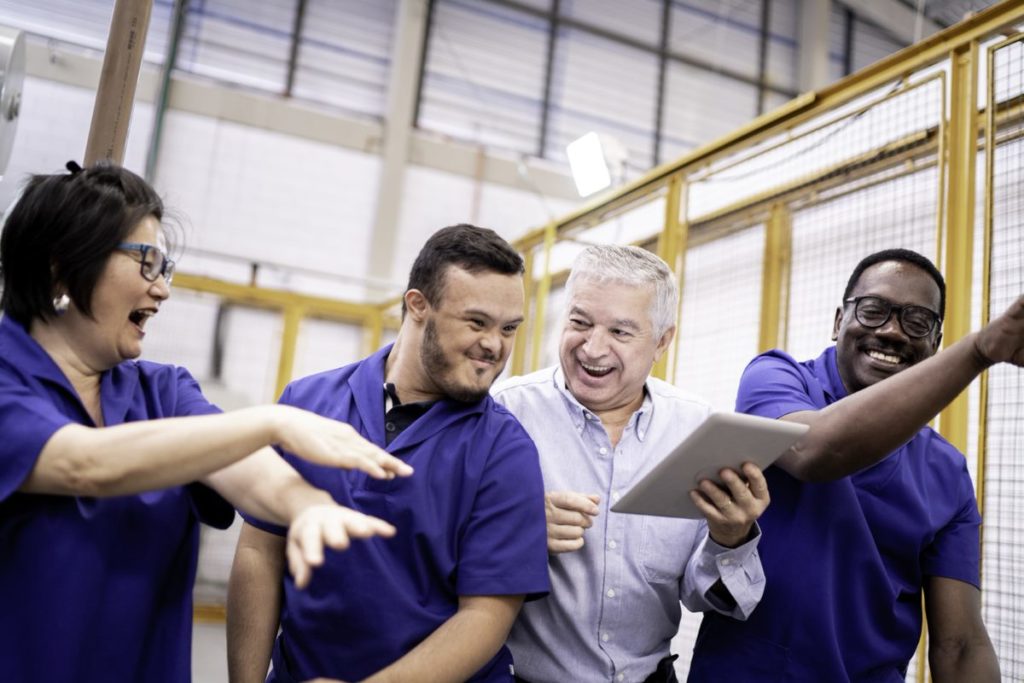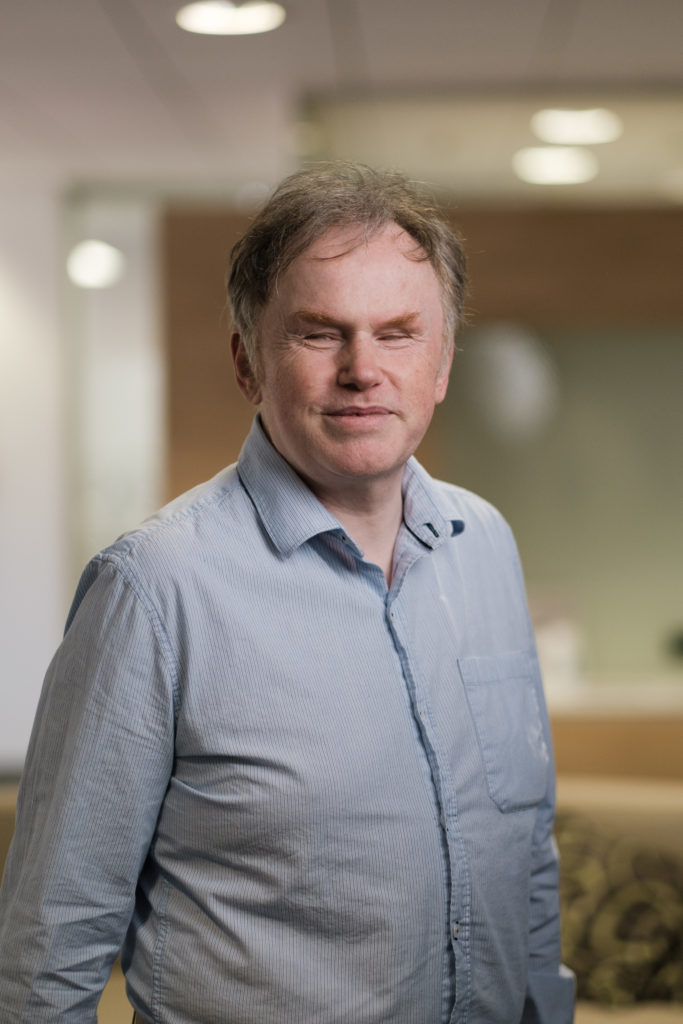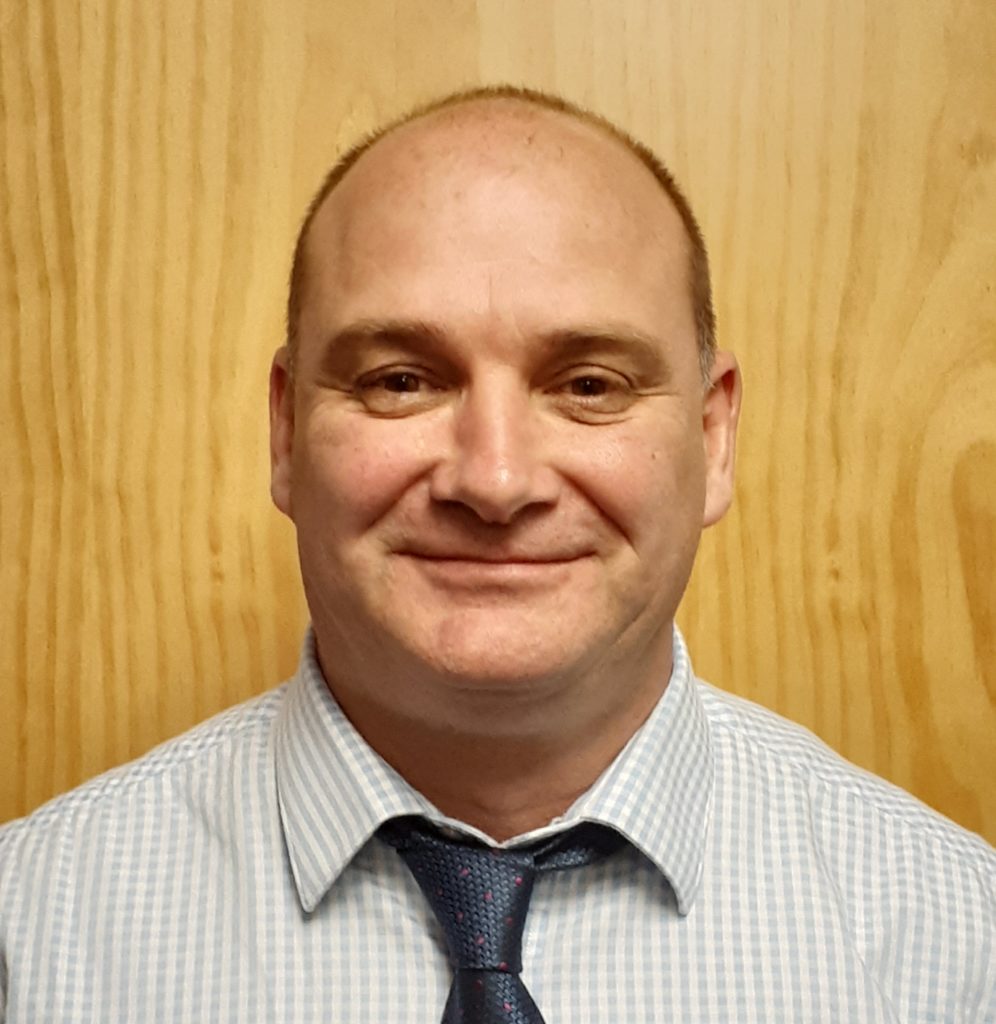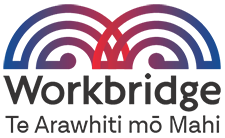
A new campaign aims to get more disabled people into the workforce by encouraging bosses to “Just Say Yes” to jobseekers, the NZ Herald has been told.
The campaign by Workbridge offers education and support to businesses when interviewing and employing disabled workers.
Workbridge CEO Jonathan Mosen has been completely blind and hearing impaired his whole life but the biggest hurdle to his success has been other people’s assumptions on what he can and can’t do.

The Just Say Yes campaign aims to change that by educating employers to the benefits of hiring disabled workers and quashing assumptions that stand in their way.
“One of the biggest barriers I have found in my life is other people’s perceptions of what disabled people can do,” Mosen said.
“People often imagine themselves in a wheelchair or blindfolded and think ‘gosh I couldn’t do that so how can he or she’?”
Technology had removed so many barriers for disabled people and bosses needed to realise that, he said.
“Now, with paperless offices, I have technology in front of me that speaks on-screen, it displays it in braille so there is nothing that prevents me from working in an office,” Mosen said.
“People look at an iPhone and see it as a flat-screen but as a blind person the voice-over ability means you can touch the screen it speaks what you are touching.”
Mosen said even people with limited movement could thrive in work environments with technology allowing them to use computers.
“Think of someone like Stephen Hawking – people think of him as an anomaly but there is a lot of tech that allows people with very limited movement to excel sometimes with just eyebrow movement.”
One in five job seekers have a disability so to shut them out of the workforce because it seems too hard to hire them is limiting, Mosen said.
“Just Say Yes is particularly important now because the labour market is so hot and there are people struggling to find capable people.
“We are trying to break down the barriers and show that yes people might do the job slightly differently using different tools but they are still really great employees.”
StatsNZ figures released earlier this year show just 42.5 per cent of working-age disabled people are employed – that needs to change fast, Mosen said.
“Workplaces are better for having a diverse workforce because there are things that some people think about that others may not – making a service better, improving accessibility for customers.
“Blind people are great in call centres because we often pick up on nuances in people’s voices others may not.”
The campaign also aimed to remove misconceptions about the perceived cost or inconvenience to hire a disabled worker.
“People think they are expensive to accommodate but it is simply not the case,” Mosen said.
“Small changes are likely to benefit everyone and more consequential like certain technologies that are disability-specific have external funding available.
“It won’t cost you anything more to hire a disabled person.”

David Chapman, who developed “Just Say Yes” and was responsible for taking it to businesses, said there had been significant interest.
He said it wasn’t about getting a “tick” but a comprehensive support system that meant employers could call for advice and support.
Covid response telesales organisation Whakarongorau Aotearoa had recently put together a vaccine call centre staffed by disabled people.
Call centre staff with a range of disabilities were employed to call and offer support to disabled New Zealanders who were are self-isolating.
“Sometimes people who have a lived experience with a disability are able to better understand the needs of that community,” Chapman said.
Chapman was encouraged by employers who wanted to be involved – and not just because it looked good or they wanted to be seen to be doing the right thing.
“For a lot of businesses they want their workforce to reflect all parts of their community.
“They also want their workforce to understand their customer base.”
